Do NFL Players Really Eat 10,000 Calories a Day?
NFL players are among the most physically demanding athletes on the planet, but do they really eat 10,000 calories a day? The idea has been floating around for years, often fueled by stories of massive linemen and their seemingly endless appetites. Some of this comes from extreme cases—like former offensive lineman Bryant McKinnie, who once admitted to consuming up to 10,000 calories a day. Other times, it’s been exaggerated in media portrayals. While some players might briefly hit that number, it’s far from the norm. The truth is there are a lot of factors that go into determining a player’s calorie intake. Let’s check some of those factors out below.
Nutrition Isn’t the Same for Every Player
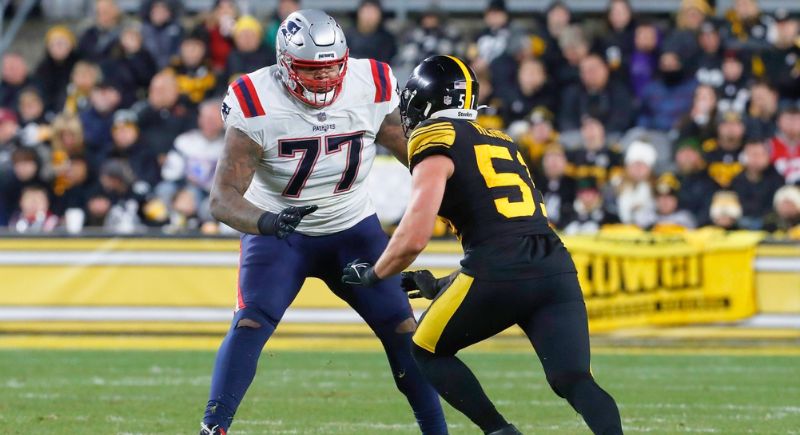
Credit: X
NFL players don’t all follow the same diet plan. Their calorie needs depend on their position, body size, and how much energy they burn in practice and games. The biggest guys on the field, like offensive and defensive linemen, typically eat between 4,500 and 7,000 calories per day. Tight ends and linebackers, who need a mix of size and agility, eat a bit less. Meanwhile, skill players like wide receivers, running backs, and defensive backs usually stick to around 3,500 calories a day. That’s still far more than the average adult male, who only needs about 2,500 calories a day to maintain weight.
Training Camp Sends Caloric Needs Through the Roof
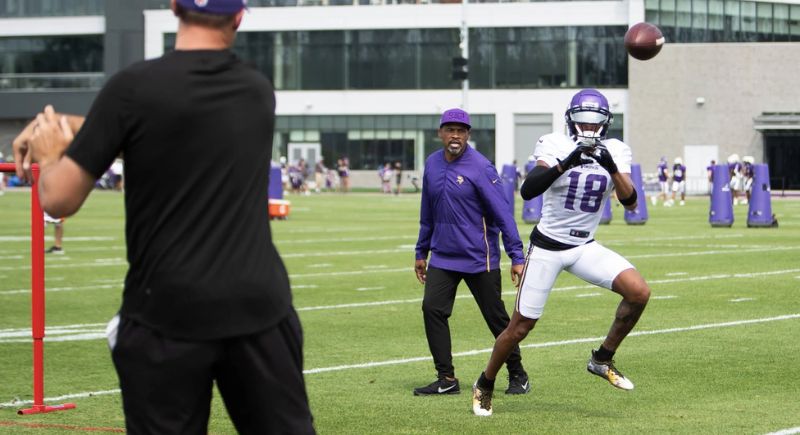
Credit: X
The NFL preseason is a grueling test of endurance. Training camp days are long, and the heat doesn’t make things any easier. It’s common for players to lose 10 to 12 pounds in a single practice, mostly from sweat. Linemen can drop six to eight pounds per session, which means they need to replenish their bodies quickly to keep from losing too much weight. Carbohydrates, lean proteins, and plenty of fluids are essential to help players bounce back after practice.
Every Meal Is Carefully Tracked
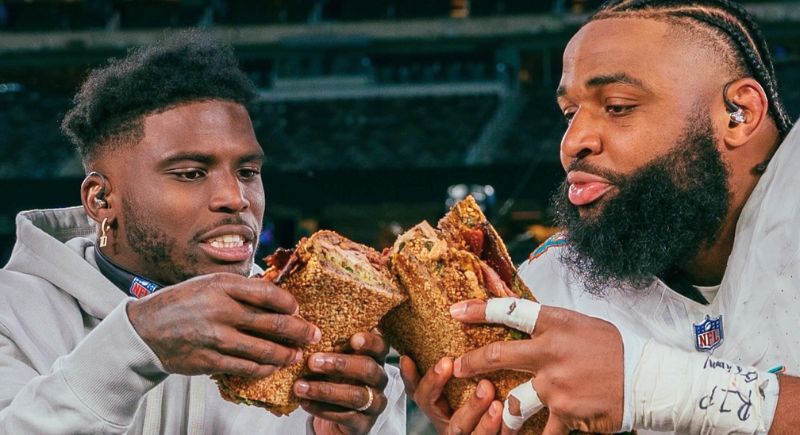
Credit: Instagram
NFL teams take food seriously, and it’s not just about eating a lot. Some players, like Falcons wide receiver Drake London, even snap photos of their meals so nutritionists can analyze them. Everything from protein intake to meal timing is monitored to make sure players are getting exactly what they need. Even small tweaks—like adjusting the ratio of carbs to protein—can make a difference in recovery, energy levels, and even sleep quality.
Eating Big Doesn’t Mean Eating Junk
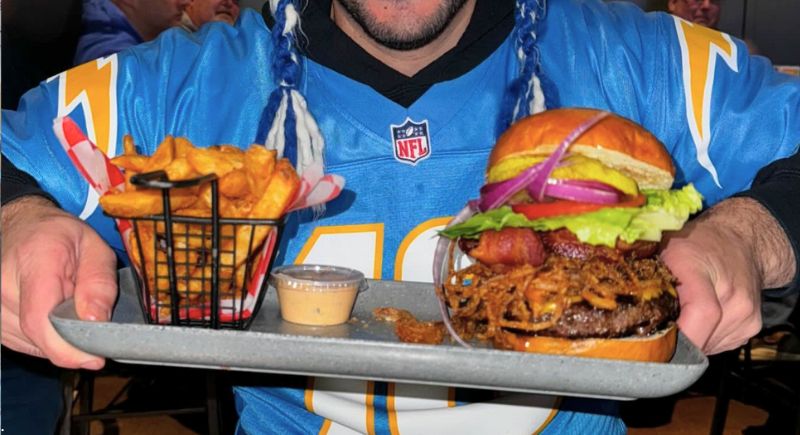
Credit: Instagram
People love to imagine linemen scarfing down mountains of cheeseburgers and milkshakes, but the reality is much different. Even the biggest eaters in the NFL focus on nutrient-dense foods. Instead of greasy fast food, they’re more likely to eat three or four grilled chicken breasts, a full plate of rice, and a baked potato. The portions might be massive, but the food itself is clean.
NFL Teams Go Through a Staggering Amount of Food
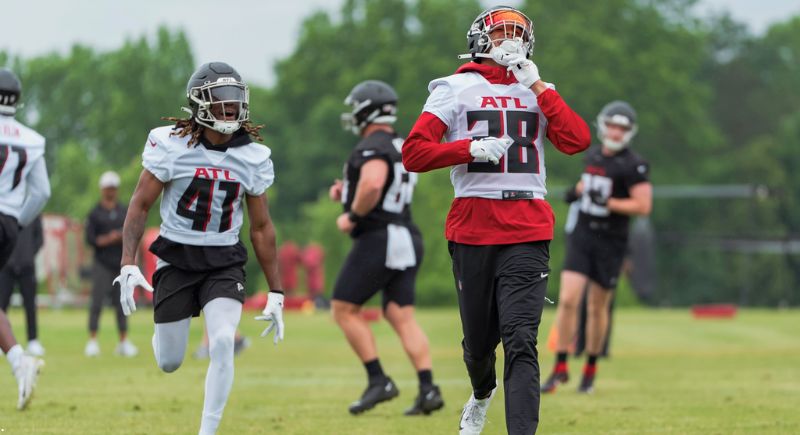
Credit: Facebook
It takes a ridiculous amount of food to keep an NFL team running. On a typical practice day at the Falcons’ training facility, for example, the team goes through 360 eggs, 15 pounds of bacon, 40 pounds of chicken, 60 pounds of beef, 30 pounds of seafood, 20 pounds of potatoes, 30 pounds of rice, and more than 50 pounds of vegetables. And that’s just for one day.
Liquid Calories Make Hitting Goals Easier
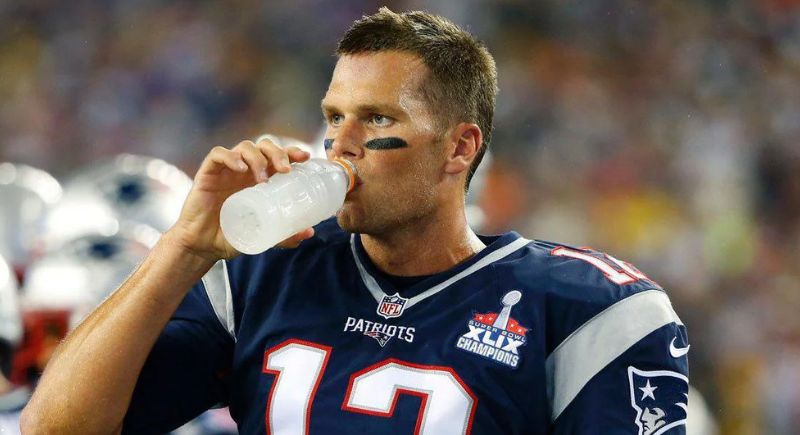
Credit: Reddit
For players who struggle to eat enough, shakes and smoothies are an easy way to pack in extra calories. Some NFL nutritionists sneak calories into high-protein smoothies that can top 1,000 calories per serving. There’s even a team baker who whips up healthier desserts, like protein-enriched banana pudding, to make sure no one skips meals.
Weight Is Constantly Monitored
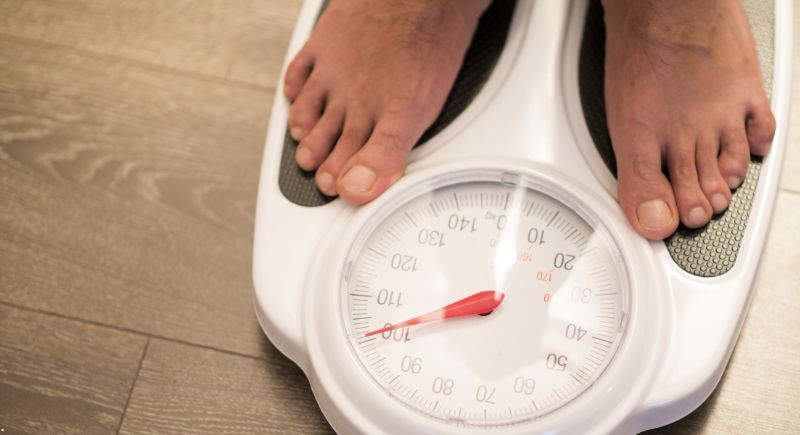
Credit: Canva
NFL players step on the scale far more often than most people. Some check their weight daily to make sure they’re maintaining the muscle mass they need to perform at a high level. Players who run a lot, like wide receivers and running backs, burn so many calories that they sometimes have trouble keeping weight on. Bears receiver Darnell Mooney reportedly eats five meals a day just to avoid losing too much weight.
Dropping Weight Hurts Performance
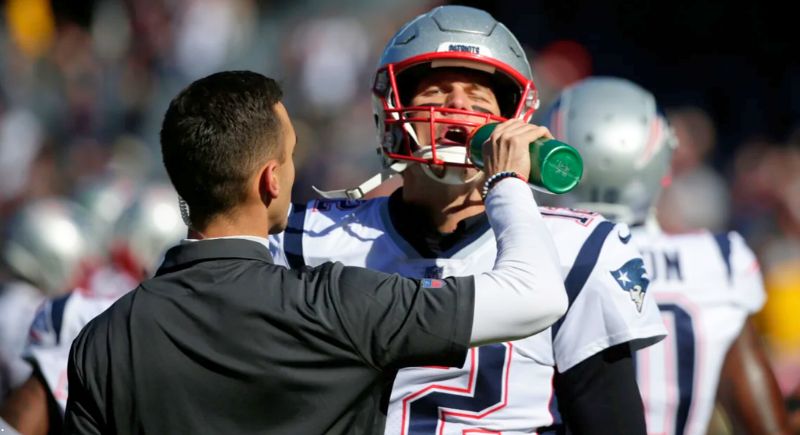
Credit: Reddit
If a player loses too much weight, it can quickly affect their strength, endurance, and even mental sharpness. Hydration plays a huge role in recovery. If an athlete loses 16 pounds during practice, they need to drink about 2.25 gallons of fluids to fully recover. In extreme cases, players get IV fluids to rehydrate faster.
Many Players Stick to the Same Meals Every Day
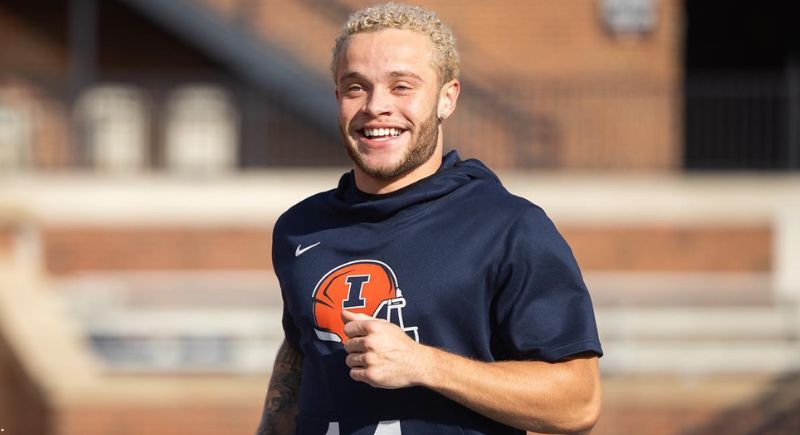
Credit: Instagram
Athletes are creatures of habit, which is why some eat the same meals over and over again. Rookie wide receiver Casey Washington is a great example—he eats at the same fast-casual restaurant multiple times a day, ordering chicken, tzatziki, rice, and vegetables every time. If a meal works and helps a player perform well, they tend to stick with it.
Junk Food Isn’t Off-Limits, But It’s Rare
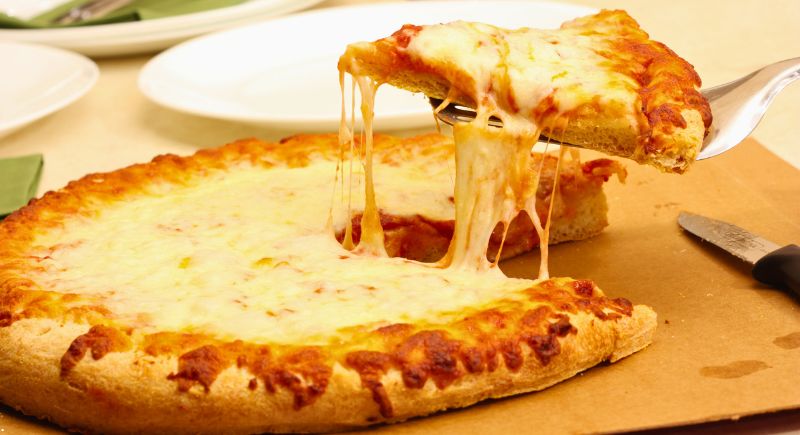
Credit: Canva
NFL players aren’t robots, and sometimes they do indulge. If a player is struggling to keep weight on, they might eat a high-calorie food like pizza to help regain pounds quickly. But for the most part, they steer clear of empty calories. Even when they’re eating big, they want to make sure every calorie is doing something for them.